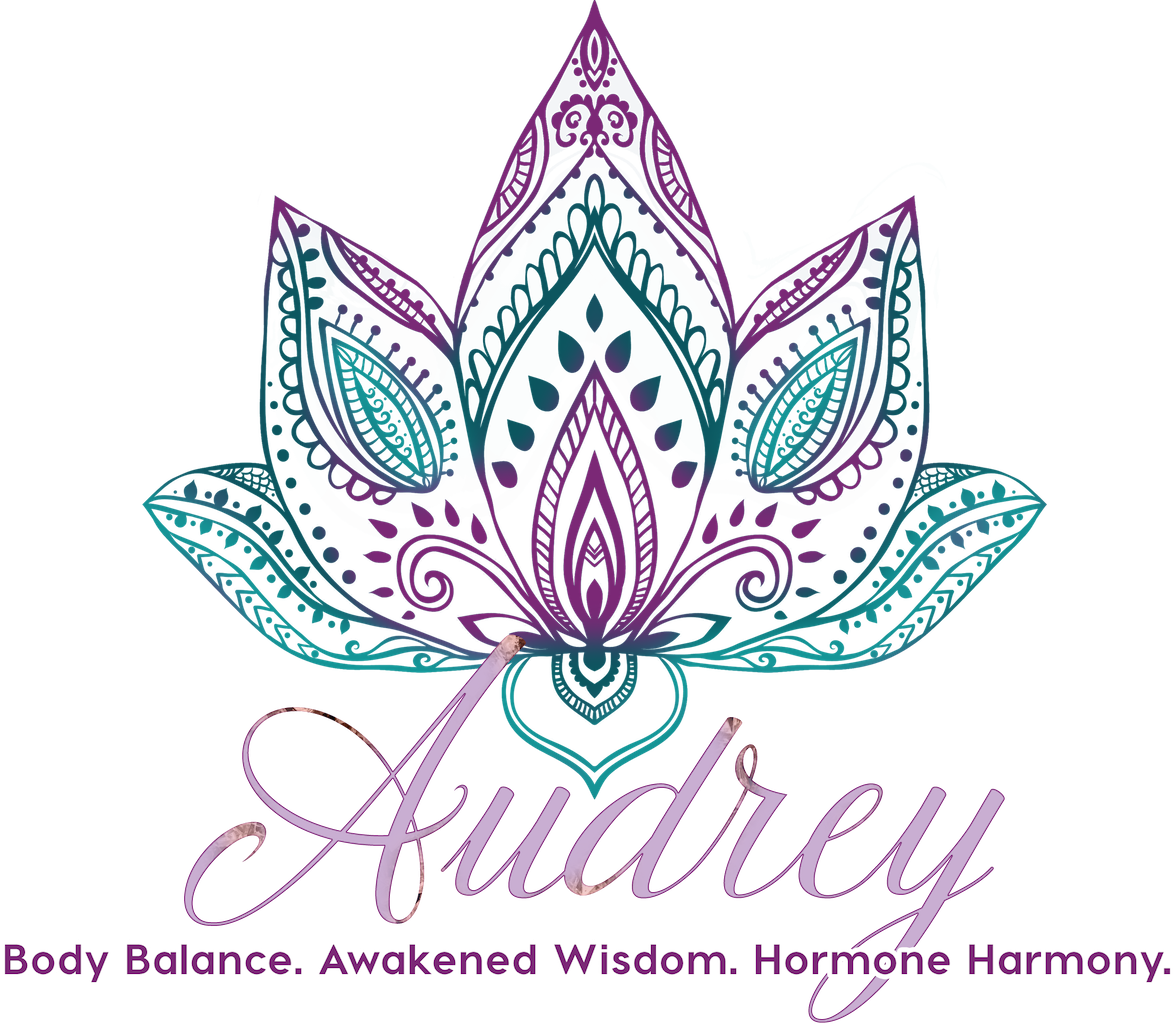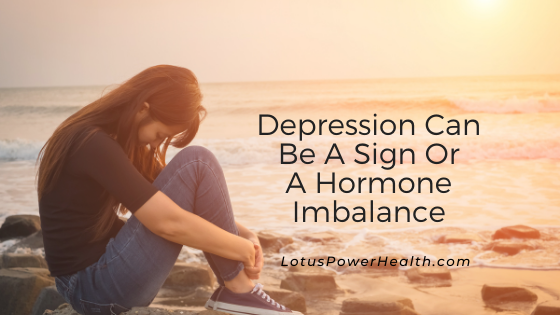Your hormones play a significant role in your health. When they’re working correctly and the balance is where it should be, you have plenty of energy and you feel great. But when they’re not working correctly, you don’t feel your best.
You may not even be able to put your finger on what’s wrong. You only feel that something isn’t right or you’re not yourself. Then you notice that you have some anxiety and your moods are out of whack.
You may notice that you have started feeling anxious or depressed. Off you go to the doctor to tell him you’re feeling depressed and he puts you on an anti-depression medication.
If you have a hormonal imbalance, all that does is mask one symptom without treating the root of the problem. Hormone imbalance is one of the most common causes of depression.
And without being treated, the imbalance will remain and so will all your other symptoms. The longer it goes untreated, the longer you’ll feel the negative effects. Some of the causes of hormonal imbalance with women can happen due to perimenopause or menopause.
These changing hormones can cause anxiety, mood swings and depression. You may feel down for no reason at all. Many women report feeling okay sometimes but more frequently sad.
The signs of depression when it’s associated with perimenopause or menopause can be easily overlooked. When your hormones are off balance, you may start to experience heavier than normal periods.
You might start to put on weight even though you’re not eating more food than you normally do. You may suddenly have trouble going to sleep. You may also notice a change in the moisture level of your eyes as well as in your vagina.
Depression can sometimes be mistaken as anger. You might feel extremely tired and you don’t want to get out of bed. You may start to think that you’re a failure. Some women report struggling with cognitive skills.
You might find yourself crying for no reason or bursting into tears over simple problems.
Depression that’s associated with a hormonal imbalance can be successfully treated. If you’re experiencing depression, get your estrogen levels checked.
Low levels of estrogen can cause depression as well as insomnia. It can also cause you to have fewer endorphins – and that can lead to mood swings. You should also get your progesterone tested.
Your body needs this hormone in conjunction with your estrogen. When your progesterone levels are off balance, you’ll notice that you’re irritable more often and you’ll also notice you have trouble sleeping.
A third hormone to have checked is your cortisol. If this is too low, you’ll notice fatigue, mood swings, salt cravings, low blood pressure or low glucose levels. Depression has been linked to cortisol levels that aren’t within a healthy range.
FREE 10-Day Optimised Health & Wellness Challenge
Discover the 5 steps of The Optimised Health Formula and how you can apply them to your life.

